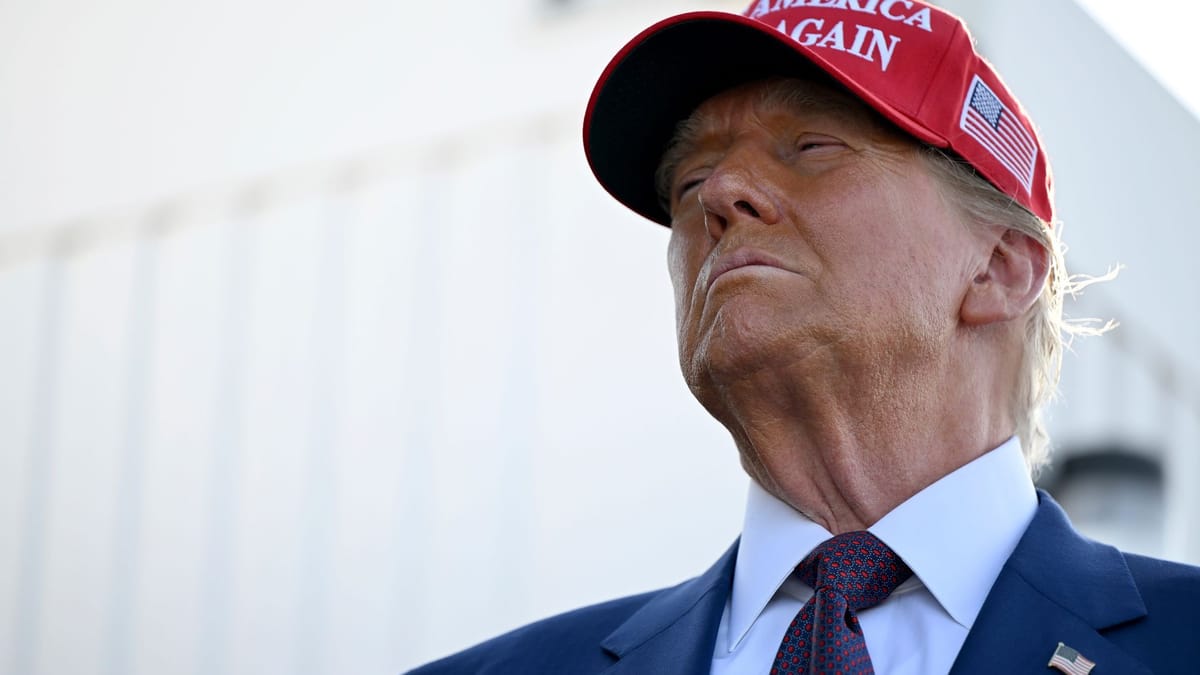Infra
VDA: Review EU climate targets earlier – Charging infrastructure actually available

The problems of the automotive industry are currently evident at VW – Europe’s largest automaker. In early September, Volkswagen announced that it would tighten its savings plans due to the tense situation, and no longer ruled out layoffs and factory closures. The job security agreement, in effect since 1994, has been terminated. VW Supervisory Board Chairman Hans Dieter Pötsch recently called for a relaxation of CO2 fleet targets.
“Politics has set the industry guidelines without the necessary infrastructure being in place and without considering whether customers would go along with it,” criticized Pötsch.
It is now known that the demand for electric cars in Europe falls far short of expectations, said Pötsch, who is also the CEO of Porsche Automobil Holding, according to a speech manuscript at the “Vienna Electric Days.”
“Electromobility will prevail, but it will take more time. Therefore, the CO2 targets for 2025, 2030, and 2035 must be adjusted and aligned with reality.”
For e-mobility to succeed, more public support is needed. Instead, people are being unsettled by debates over electric and combustion engines. “We need clarity and reliability in Europe.” Due to the sluggish ramp-up of e-mobility, several manufacturers have already called for the targets to be eased or at least extended in time. BMW CEO Oliver Zipse had already called for a change in the spring, and VW CEO Oliver Blume is also demanding “reasonable CO2 targets.” With regard to the stricter CO2 fleet target for 2025, Blume admitted in early August: “There is still a gap to close.” He definitely wants to avoid penalty payments that are due if the target is missed. “Every euro paid in fines is a poorly invested euro.”
BDEW and DCS: Charging Infrastructure is Not the Problem
Recently, however, both BDEW and the charging network operator DCS have pointed out that the charging infrastructure in Germany is already well developed, especially in the HPC sector. Providers are more likely to suffer from low utilization. The demand is systematically overestimated by the Federal Ministry of Transport, which can lead to oversupply and misinvestment. In this respect, VW’s demand is understandable given the situation, but not necessarily in line with the reality of charging. According to experts, it would be more important to significantly reduce the price of driving electricity so that driving an electric car becomes more worthwhile and not additionally penalized. Currently, a very low gasoline price is also a factor, as recently noted by the ADAC.
Translated automatically from German.










